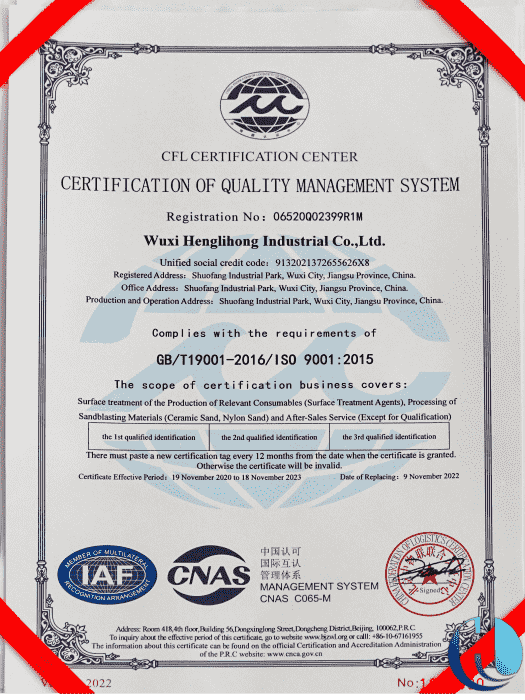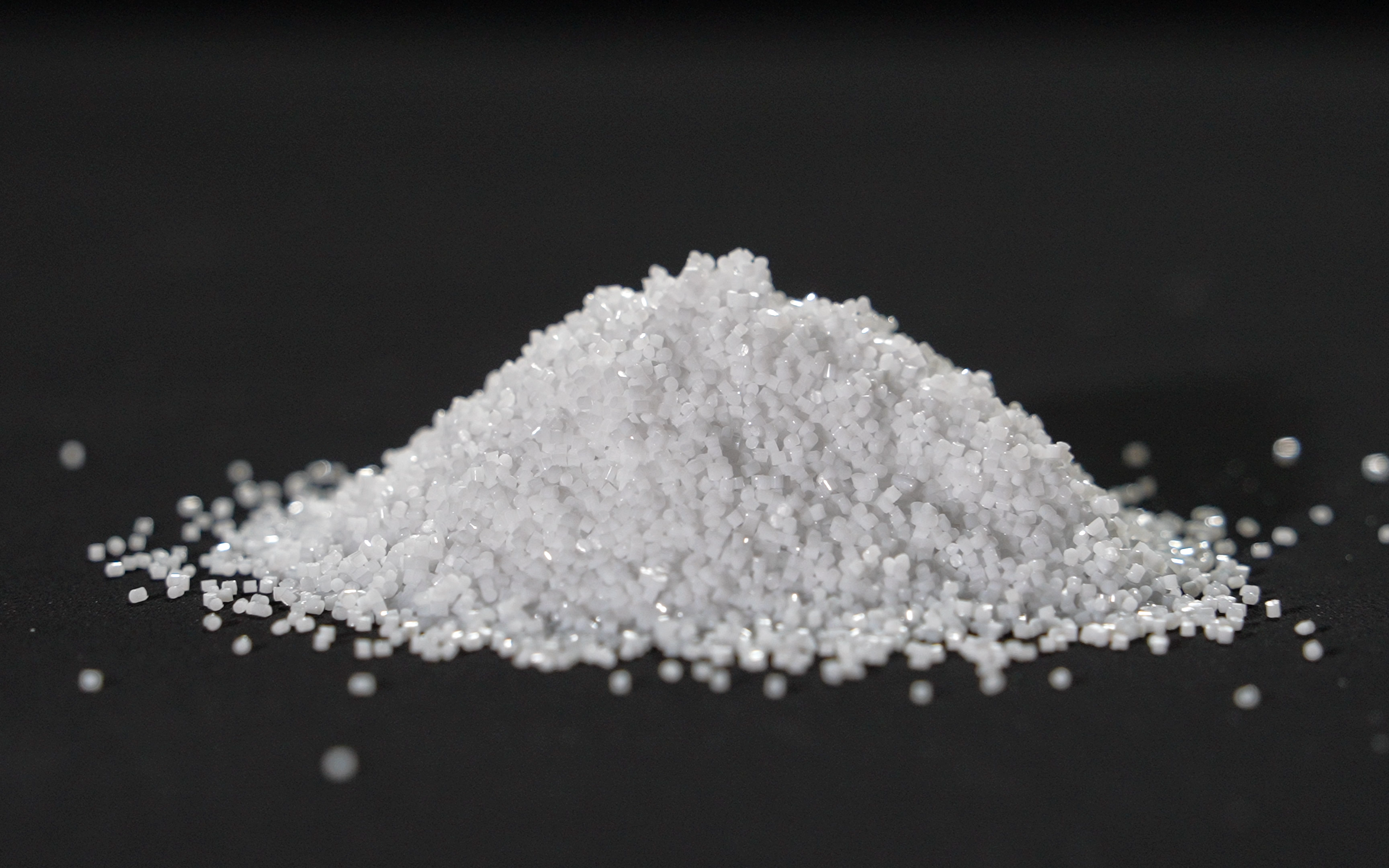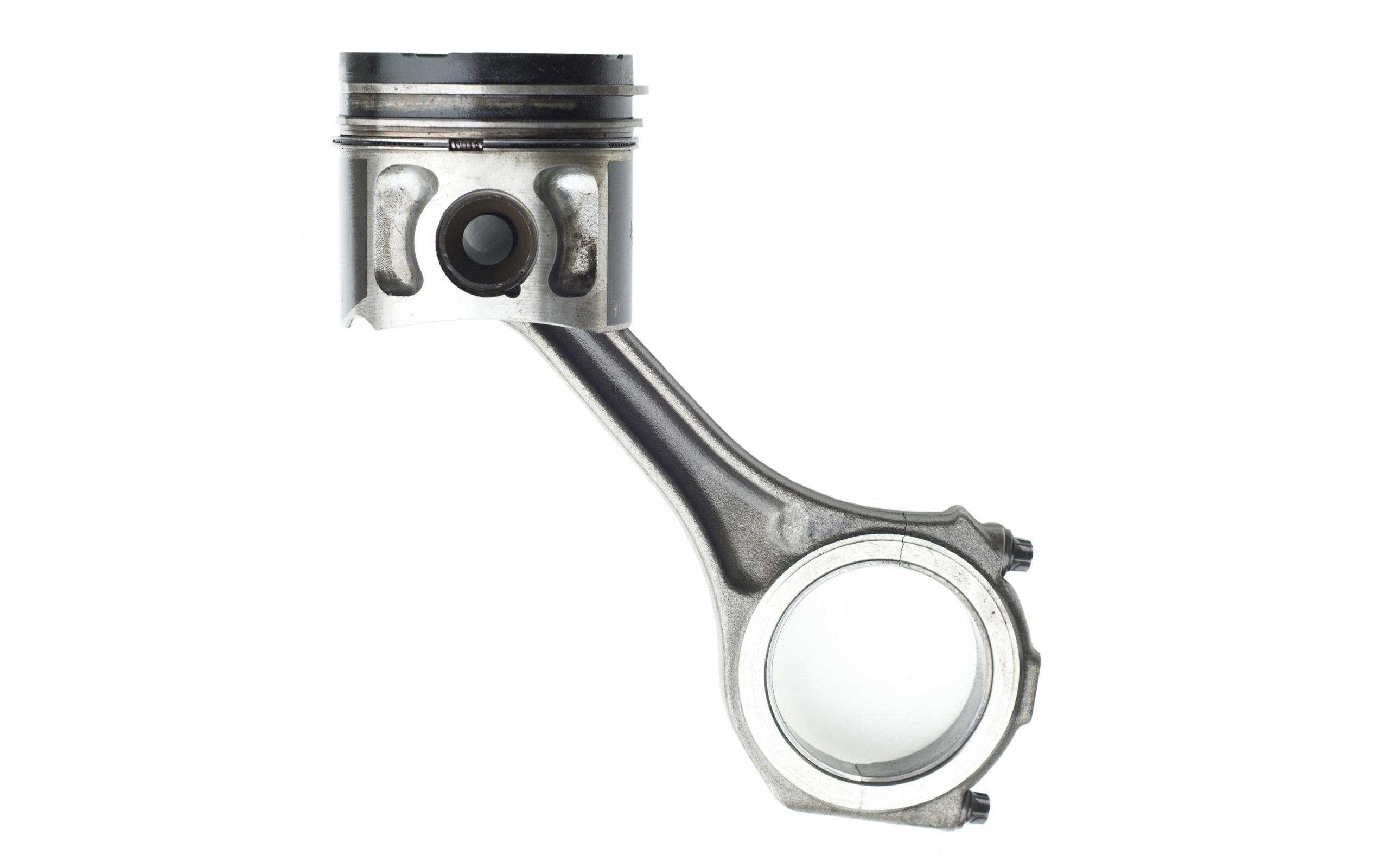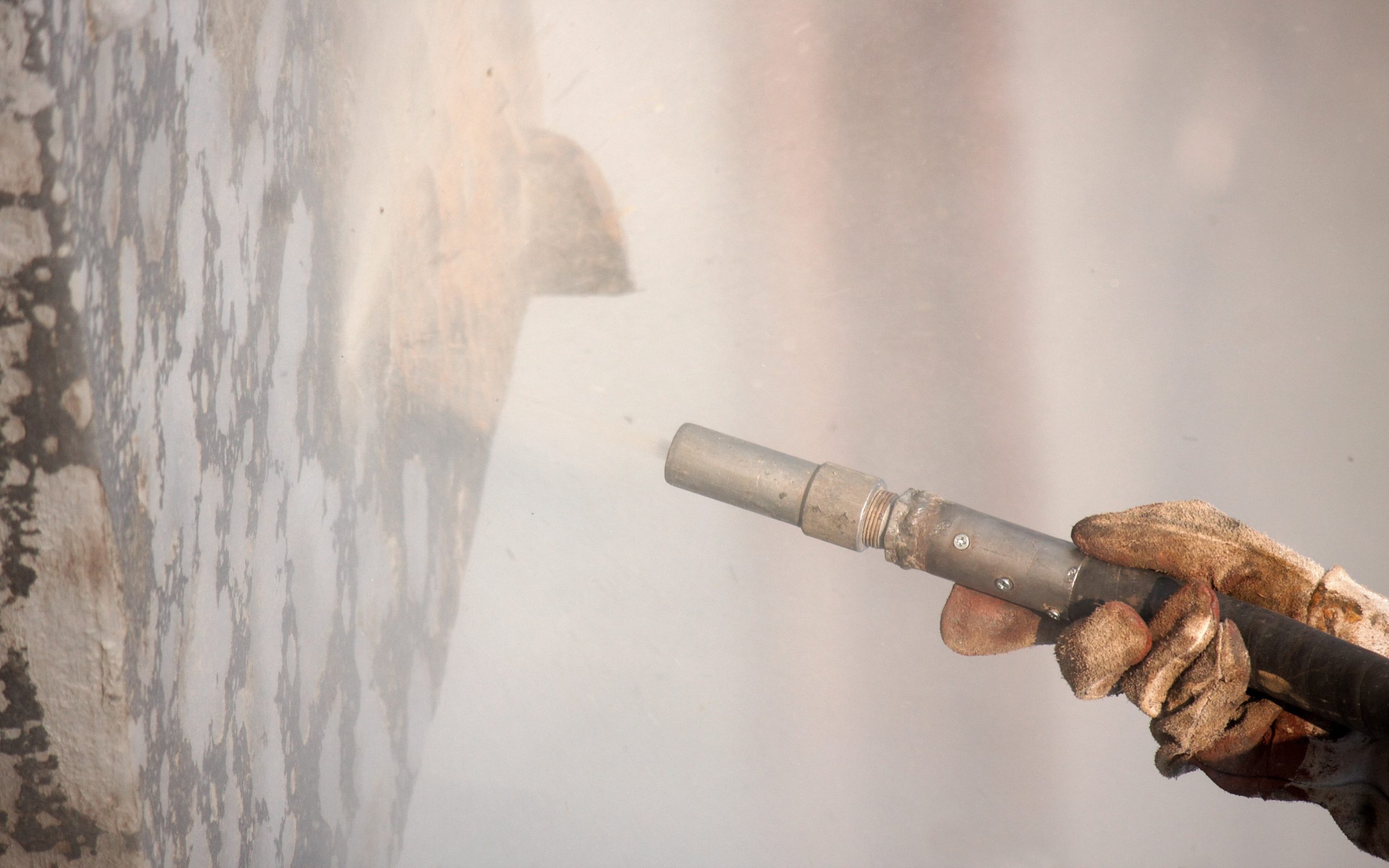¿Qué significa ISO?
29 septiembre 2024
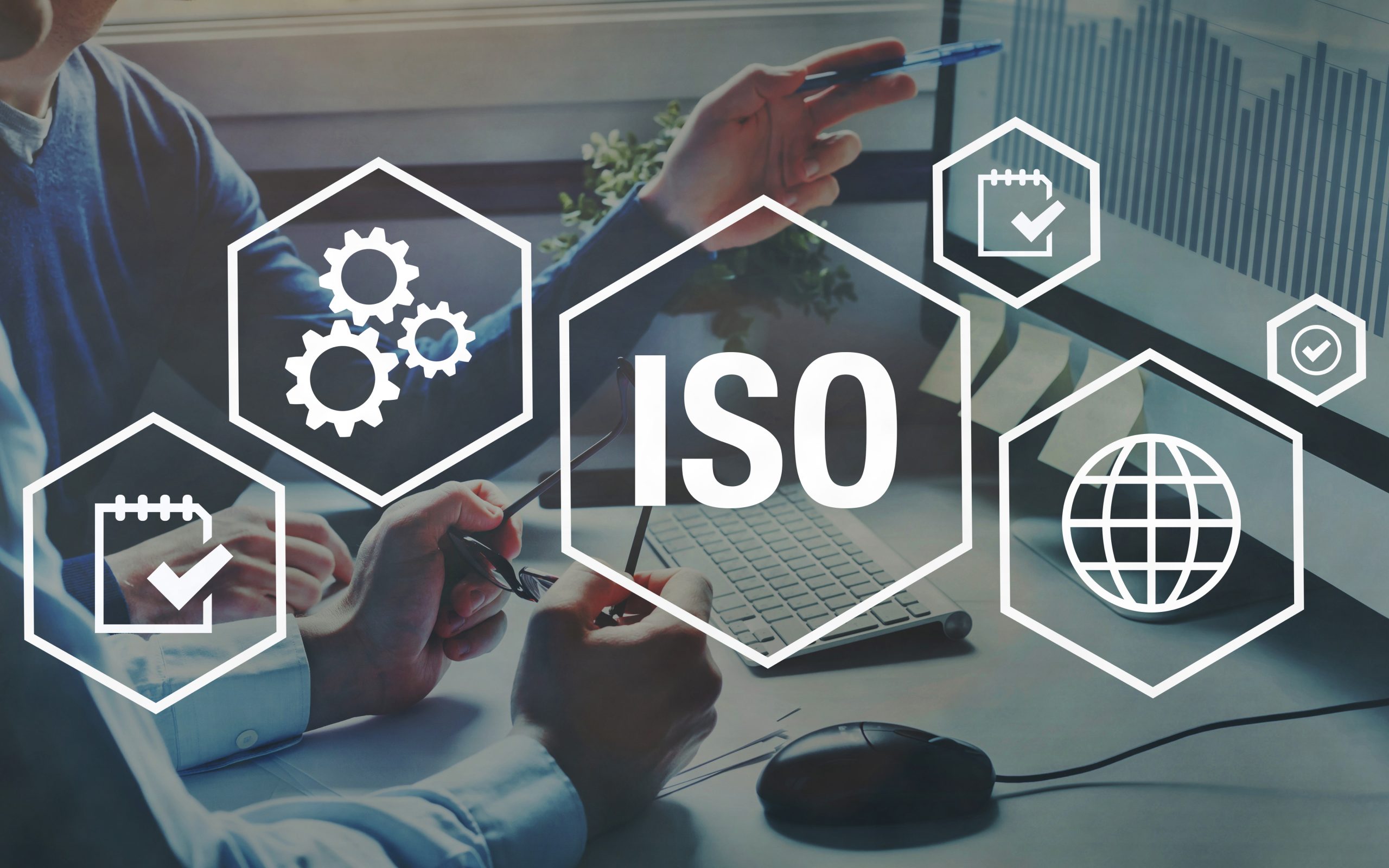
In the context of a globalized economy, standardization has become an indispensable part of the manufacturing industry in various countries. In international trade, ISO standards (standards set by the International Organization for Standardization) play a vital role. Whether in the field of mechanical manufacturing, electronic products, or abrasive materials, ISO standards help companies standardize their production processes and ensure the quality and safety of products and services. This standardization not only promotes international trade, but also provides companies with a unified competition platform. Especially for industrial products such as abrasive materials, ISO standards guarantee their passports in the international market.
As a key component in sandblasting and surface treatment, the quality of abrasive blasting materials directly affects the stability of the processing technology and the surface effect of the final product. Therefore, compliance with ISO standards is not only the key to improving market competitiveness for abrasive material manufacturers, but also the basis for meeting strict compliance requirements in the global market.
What is ISO?
Definition of ISO
ISO, the full name of the International Organization for Standardization, is an independent, non-governmental organization dedicated to developing unified standards worldwide. These standards cover a wide range of fields, including manufacturing, commerce, technology, and services. The main goal of ISO standards is to promote global trade and improve product quality, safety, and compatibility. By establishing consistent specifications, ISO ensures that products and services in the global market can be produced and used to the same standards, reducing trade barriers caused by inconsistent standards.
History of ISO
ISO was established in 1947. Its predecessor was the International Electrotechnical Commission (IEC). It was originally intended to solve technical barriers in global trade. With the development of global economic integration, ISO gradually expanded to become the world’s largest standardization organization. Today, the formulation and promotion of ISO standards have covered more than 165 countries and have become an important cornerstone of global trade.
The historical development of ISO fully demonstrates its global influence. With the complexity of the world trade system, especially in the fields of industrial manufacturing, electronics, medicine, and materials, ISO has unified the standardized language to enable global companies to communicate, cooperate, and produce with the same standards, thereby reducing technical barriers in trade.
ISO is an international standard
As an internationally recognized standard, ISO standards cover everything from product quality, production processes, and management systems to environmental protection. These standards are not only applicable to manufacturers and service providers around the world but also as part of regulations in many countries. Globally, more than 165 countries have adopted ISO standards, and major multinational companies and international companies have regarded ISO standards as a prerequisite for entering the global market.
Specific ISO Standard List
- ISO 9001: This standard is the most commonly used quality management system standard (QMS) in the world, ensuring the consistency and high quality of corporate products and services. It is widely used in manufacturing, service, medical, construction, and other fields, especially in the international market. It is a competitive advantage for enterprises. The current version is ISO 9001:2015 (the previous version was ISO 9001:2008).
- ISO 14001: Focuses on environmental management systems, aiming to help enterprises reduce the negative impact of production activities on the environment. It is particularly suitable for chemical, energy, manufacturing, and other fields to help enterprises comply with increasingly stringent environmental regulations.
- ISO 45001: Occupational health and safety management system, used to protect the safety of employees in the working environment.
- ISO 50001: Energy management system, helping enterprises optimize energy use and improve energy efficiency.
- ISO 13485: Medical device quality management system, ensuring the safety and consistency of medical device products.
- ISO 11126/ISO 11127: Standards specifically for non-metallic abrasives for sandblasting, applicable to the performance and quality requirements of sandblasting materials.
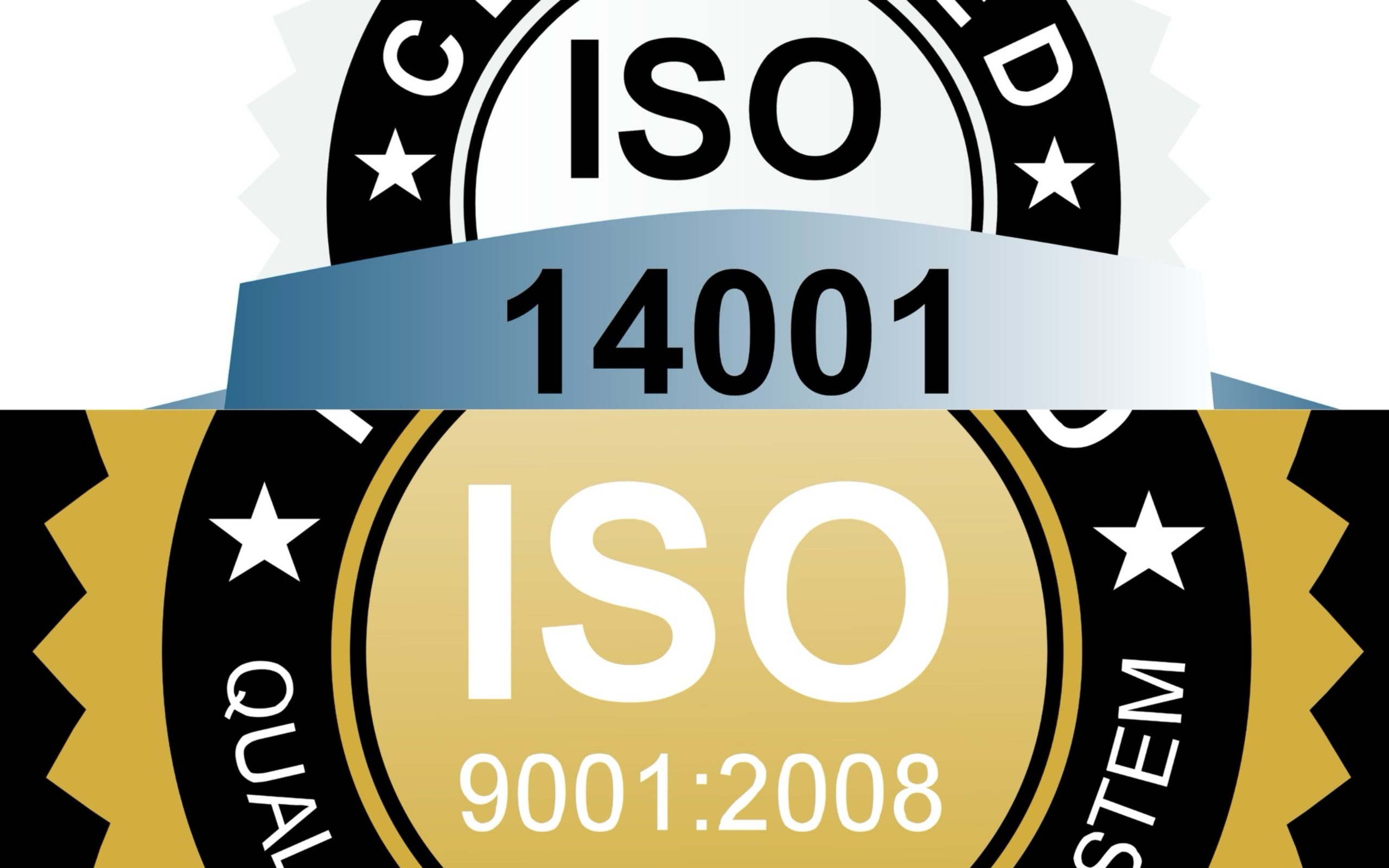
Importance of ISO Standards
Unity and Consistency
ISO standards ensure that products produced in different regions of the world maintain consistency in quality, safety, and environmental requirements. Especially for highly technical industrial products such as abrasive materials, unified ISO standards reduce uncertainty in international trade. By following ISO standards, manufacturers can provide products with consistent quality, ensuring that customers can get the same product experience no matter which country they are in.
Promoting Global Trade
In the modern economic system, ISO standards are the language of global trade. It helps companies in various countries overcome geographical and cultural differences and ensure that products meet legal and technical requirements in the global market. For the abrasive blasting materials industry, ISO standards mean that companies can more easily enter the global market and meet the regulations and market needs of different countries. For example, in the EU market, abrasive blasting materials must comply with CE certification standards, and ISO standards provide a passport for abrasive materials.
Risk Management
ISO standards also play a significant role in risk management. Through a unified quality management system and environmental management standards, companies can effectively control risks in the production process and reduce the incidence of defective products. In addition, ISO standards also play an important role in ensuring product safety, especially in areas related to employee health and safety.
Efficiency and Innovation
Following ISO standards can not only improve the compliance of enterprises but also improve the production efficiency of enterprises through standardized processes. Standardization means reducing unnecessary waste and differences, thereby improving the utilization of enterprise resources. In addition, enterprises that meet ISO standards are often able to take the lead in innovation because they can rely on standardized processes to focus on technology research and development and product improvement.
Benefits of meeting ISO standards
Product quality assurance
Abrasive blasting materials that meet ISO standards guarantee the performance and consistency of their products through a strict quality management system. For example, the ISO 9001 standard requires enterprises to implement systematic quality management in their production processes to ensure that the quality of products in different batches is consistent.
Improvement of market competitiveness
Obtaining ISO certification can greatly enhance the market competitiveness of enterprises. Internationally, ISO certification is regarded as a symbol of quality and management level. By obtaining ISO 9001 and ISO 14001 certifications, abrasive material companies can not only stand out in the international market but also enhance customers’ trust in their product quality and environmental responsibility.
Compliance requirements
Abrasive materials as frequently used consumables in industrial manufacturing, must meet the compliance requirements of the local market. By obtaining ISO certification, companies can prove that their products comply with relevant regulations, thereby avoiding compliance issues. For the manufacturing industry, two of them are very important:
- ISO 9001:2008: This standard applies to organizations of all industries and sizes. It defines the requirements for establishing, implementing, and maintaining an effective quality management system (QMS) to ensure that the organization’s products or services can continue to meet customer requirements and applicable regulatory standards.
- ISO 14001: It is an international standard related to environmental management systems (EMS) that helps organizations control their environmental impact and ensure compliance with applicable laws and regulations. The standard aims to promote organizations to minimize negative impacts on the environment in their business operations, especially in terms of waste management, energy use, and emission control.
HLH’s products have successfully obtained the most basic ISO 9001 and ISO 14001 international quality system certifications, and later obtained EU CE and ROHS certifications, CCC certification, and COC certifications, etc., and the quality has been more widely recognized, which also shows our commitment to quality management and environmental responsibility. As a well-known Chinese company, HLH has also won many honors, such as “Famous Trademark of Jiangsu Province” and “Famous Brand of Wuxi City”. With strong competitiveness, we hope to go abroad and provide customized services to more overseas customers.
Click here to view our popular products.
Compliance requirements for sandblasting materials in the European and American markets
Quality management and customer requirements
In the European and American markets, companies pay special attention to the continuous improvement of product quality and customer satisfaction. ISO 9001:2008 provides a strict quality management system, which has a direct impact on the production and manufacturing process of sandblasting materials. European and American customers usually require suppliers to provide products that meet this standard to ensure product consistency, reliability, and high quality, especially in high-demand industries such as automobiles, aerospace, and medical devices.
In the manufacturing process of sandblasting materials, if the company has obtained ISO 9001 certification, it means that they have a complete quality control process to ensure the stability of product performance and meet customer technical specifications. For sandblasting material companies entering the European and American markets, compliance with ISO 9001 standards can help enhance customer trust, reduce quality disputes, and increase opportunities to enter the international supply chain.
Environmental protection and regulatory compliance
The European and American markets have extremely strict requirements for environmental protection, especially in the production of sandblasting materials, which may involve pollutant emissions, waste disposal, and potential impacts on the environment. ISO 14001 is a key standard in these markets, ensuring that companies minimize the impact on the environment during the manufacturing process and comply with all relevant environmental regulations.
The production and application of sandblasting materials (such as aluminum oxide, ceramic particles, etc.) may involve hazardous substances or pollute the environment. Companies that have obtained ISO 14001 certification can prove that they have sound environmental management measures in the production process, reduce negative impacts on the environment, and thus meet the environmental compliance requirements of the European and American markets. This also helps to deal with possible legal risks, such as the EU’s REACH regulations or the US Clean Air Act.
Safety and occupational health
The European and American markets also have strict requirements for safety in sandblasting materials and related processes. During the sandblasting process, exposure to dust, noise and chemicals can pose a potential hazard to the health of operators, so compliance with ISO 45001 (Occupational Health and Safety Management System) is also something that companies need to pay attention to. Although this is not directly related to ISO 9001 and ISO 14001, they together reflect the company’s emphasis on a comprehensive management system, especially the balance between employee health, safety, environmental protection, and product quality.
Market access and competitive advantage
In the European and American markets, sandblasting material manufacturers that meet ISO standards are generally more likely to obtain supplier qualifications from certification bodies or large companies. For many multinational companies, ISO certification is a prerequisite for selecting suppliers. These certifications are not just proof of compliance, but can also bring significant market competitive advantages to companies, especially when facing high standards, product quality, and environmental impact in the European and American markets.
The importance of sandblasting materials meeting compliance requirements
Health and safety requirements
Abrasive blasting materials may generate harmful dust during the sandblasting process, posing a threat to workers’ health. By following ISO and other relevant standards, companies can effectively reduce dust pollution and ensure the health and safety of workers. At the same time, compliance requirements also include providing protective equipment and a suitable working environment to reduce potential health risks.
Impacto medioambiental
Abrasive products have an impact on the environment during manufacturing and use. Through environmental management system standards such as ISO 14001, companies can reduce their negative impact on the environment, especially in terms of waste disposal and emission control. Strict enforcement of environmental regulations requires abrasive material companies to reduce their impact on the environment throughout the production life cycle, from production to use to waste disposal, they need to comply with environmental standards.
Penalties for non-compliance
Abrasive blasting materials that do not meet international standards will not only face legal liability but may also cause companies to lose market access qualifications. In some cases, product recalls and bans will cause huge financial losses to companies. At the same time, the company’s reputation will also be seriously affected, which may lead to the loss of market share. Therefore, ensuring that products meet international standards is crucial to the long-term success of companies in the global market.
Case Study
Challenges faced by manufacturers
In the European and American markets, abrasive material manufacturers must face different regulatory requirements. For example, the EU’s REACH regulation has strict restrictions on the chemical composition of products, while the US OSHA has different standards for workplace safety. Companies need to constantly adjust their production processes and management systems to meet the compliance requirements of different markets.
Success Cases
Some leading abrasive material companies have successfully adapted to the regulatory requirements of the international market. For example, some companies have not only obtained ISO certification through strict quality control and environmental management but also ensured the smooth sales of their products in the European and American markets. These success stories show that following ISO standards and other compliance requirements is the key for companies to enter the international market.
ISO standards play an important role in ensuring product quality, safety and environmental responsibility, especially for the abrasive blasting materialsindustry, and its importance has been seen in the content I mentioned above. By complying with these international standards, companies can not only improve the competitiveness of their products, but also ensure their compliance in the global market. Companies that comply with ISO and other international standards will be able to continue to succeed in the global market.




